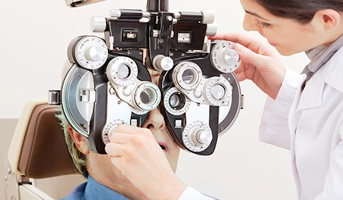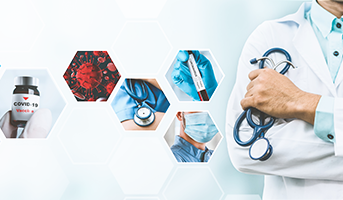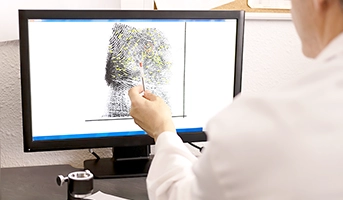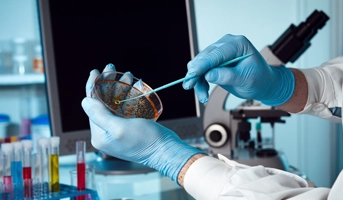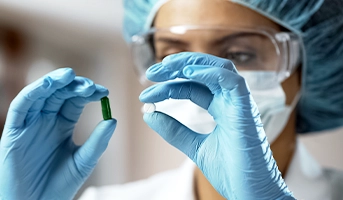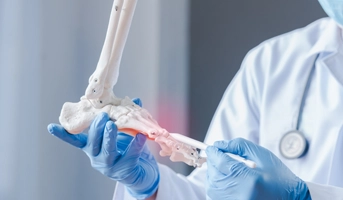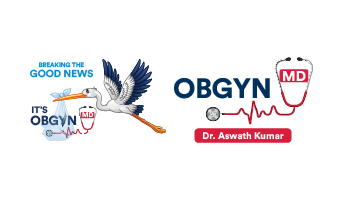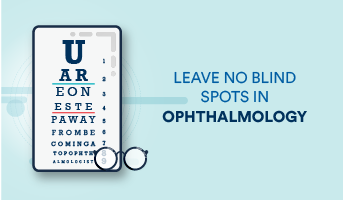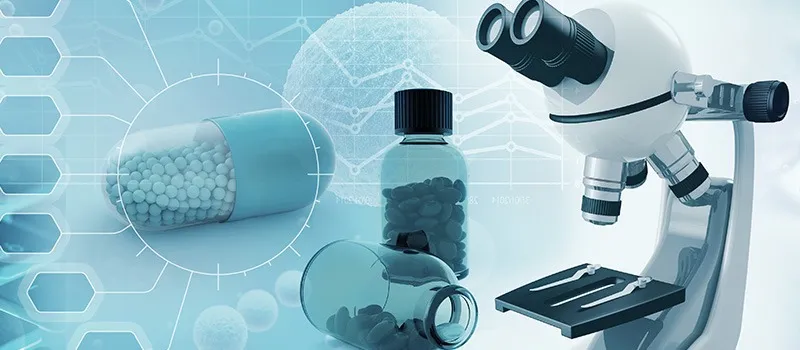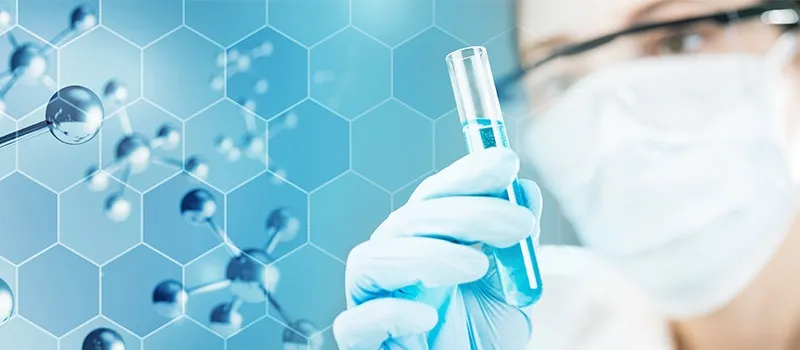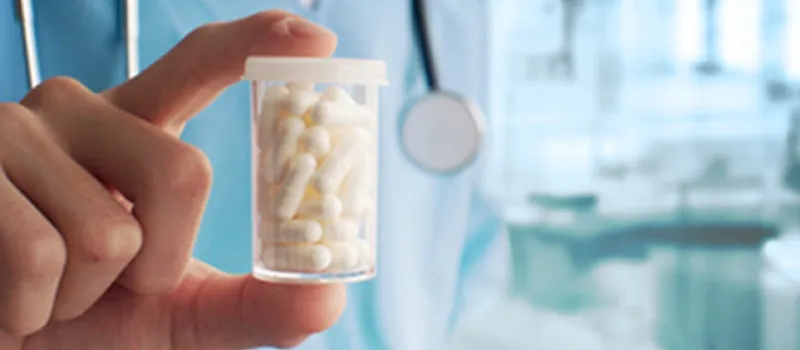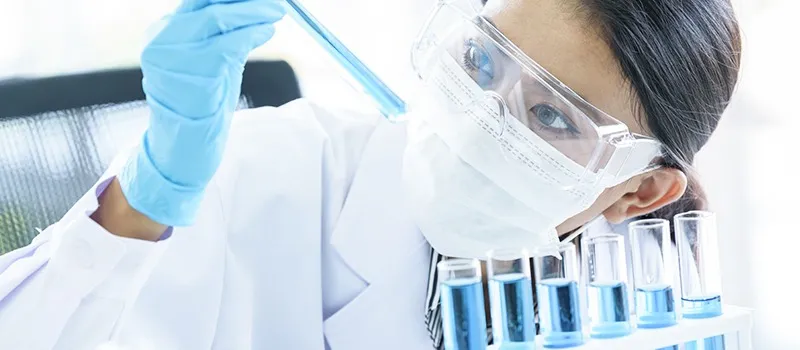

Career Opportunities after Pursuing a Degree in Pharmacology
Pharmacology is the scientific study of the effects of drugs on living organisms. A drug is any chemical substance, natural or synthetic, that affects a biological system. Pharmacology may include studying how organisms process drugs, identifying and validating new targets for drug action, and designing and developing new drugs to prevent, treat, and cure disease. Pharmacology research is also an important part of the advancement of modern personalised medicine.
This industry provides numerous job opportunities, with pharmaceutical companies and healthcare providers among the largest employers. Knowing the various career paths available to you if you have a pharmacology degree is very important. A pharmacology degree allows you to work in a variety of pharmacology degree jobs. In this article, we will look at pharmacology degree jobs, their average salaries, and primary responsibilities which will help you decide on your career in Pharmacology after pursuing your graduation.
- Pharmacist
The average base salary of a Pharmacist is ₹2,80,742 per year. If you have a pharmacology degree, you can work in a variety of pharmacology departments. A pharmacist’s job is to provide medication and treatment information. They may write prescriptions, respond to questions about drug interactions or side effects, and advise patients on dosages. Pharmacists typically work in community pharmacies or hospitals, and they may conduct drug or treatment research.
Learn the Tips and Tricks to learn Pharmacology
- Pharmacy Operations Manager
The average base salary of a Pharmacy Operations Manager is ₹ 4,37,289 per year. They are in charge of the day-to-day operations of a pharmacy department. They typically collaborate with medical professionals to meet the pharmaceutical needs of patients. They monitor inventory levels ensuring compliance with federal policies and keeping accurate records. They also supervise pharmacy employees.
- Pharmacologist
The average base salary of a Pharmacologist is ₹ 4,91,318 per year. A pharmacologist is in charge of scientific research, drug development, and evaluation. They perform laboratory testing to determine the overall safety and efficacy of medications. They also decide on dosage safety, including administration, age, and amount.
- Clinical Research Associate
The average base salary of a Clinical Research Associate is ₹ 3,29,875 per year. A clinical research associate is in charge of clinical research and trials. They frequently create testing procedures, select and set up trial sites, and monitor tests. They present protocols to ethics committees and write reports on each trial’s results. They ensure strict data collection and participation.
- Pharmaceutical Scientist
The average base salary of a Pharmaceutical Scientist is ₹ 7,03,365 per year. A pharmaceutical scientist conducts drug research and development in laboratory experiments. They study biological processes and evaluate the efficacy of new drugs in counteracting, correcting, or slowing harmful biological activity. They establish testing procedures to assess the short and long-term biological effects and interactions of pharmaceutical compounds. They also develop new approaches to existing medical problems and assist drug developers in other ways.
- Pharmaceutical Consultant
The average base salary of a Pharmaceutical Consultant is ₹5,04,206 per year. They assist pharmaceutical companies in becoming more efficient and providing better products to their customers. They assist clients by identifying operational problems, eliminating waste, and suggesting solutions, such as new technologies, like a business or management consultant who specialises in pharmaceuticals. A pharmaceutical consultant may assist with project management, cost forecasting, and recommending plans, such as clients and distribution methods. They also aid in the development of compliance policies.
- Quality Control Chemist
The average base salary of a Quality Control Chemist is ₹2,29,103 per year. A quality control chemist is in charge of ensuring that drugs and other formulations meet the established safety standards. They inspect raw materials and finished products for quality, test new ingredients, and help with product development. They conduct experiments to determine whether a drug is safe for use with their knowledge of chemistry, biology, and mathematics.
Watch this video lecture on NSAIDs – Anti-gout drug
- Environmental Monitor
The average base salary of an Environmental Monitor is ₹7,89,873 per year. An environmental monitor assesses the chemical and physical properties of environmental conditions, such as water or soil samples. They conduct research to identify sources of pollution in the environment. They may also review and update company policies and operating procedures for compliance with local and federal regulations.
- Regulatory Affairs Specialist
The average base salary of a Regulatory Affairs Specialist is ₹5,74,873 per year. They manage regulatory submissions to government agencies. They prepare applications and supporting documentation, as well as monitor FDA regulations governing clinical trials and product development. They keep in touch with government officials and may attend regulatory hearings or product approvals.
- Pharmaceutical Manufacturing Technician
The average base salary of a Pharmaceutical Manufacturing Technician is ₹3,00,00 per year. A pharmaceutical manufacturing technician collaborates with other members of a team to create pharmaceutical products. They assist in the development of new products while adhering to proper safety and quality standards. They may also be in charge of the lab’s equipment and inventory.
- Medical Writer
The average base salary of a Medical Writer is ₹5,33,434 per year. A medical writer creates articles and reports that explain how to use pharmaceutical products for medical purposes. They typically collaborate with doctors, patients, or researchers to collect information for drug trials or treatment protocols. They also contribute to the creation of patient leaflets that contain information about each pharmaceutical, such as indications, descriptions, proper usage, methods of ingestion or application, and potential side effects or warnings.
- Lab Manager
The average base salary of a Lab Manager is ₹5,13,023 per year. A lab manager is in charge of seeing laboratory processes and staff activities. They help scientists, technicians, and medical professionals by providing lab support, adhering to safety protocols, and maintaining lab equipment. A lab manager organises a laboratory’s daily activities in order to maximise productivity.
- Pharmaceutical Sales Representative
The average base salary of a Pharmaceutical Sales Representative is ₹2,98,254 per year. They counsel physicians on the advantages of various pharmaceutical products for their patients. They research the competitive landscape of various pharmaceutical markets in order to promote their company’s products. A pharmaceutical sales representative may also monitor doctors’ prescribing habits and assist in the development of marketing strategies.
- Medical Writing Manager
The average base salary of a Medical Writing Manager is ₹13,91,567 per year. Medical writers who create promotional materials for new drugs and treatments are overseen by a medical writing manager. They may create press releases, blog posts, or other content to educate patients and the media about medical advances. They consult with clients directly to determine the scope of research reports.
- Analytical Chemist
The average base salary of an Analytical Chemist is ₹3,95,467 per year. An analytical chemist performs experiments to determine and analyse the chemical structure of various compounds. They are in charge of testing pharmaceutical products such as new drug formulations or over-the-counter medications. They frequently work in groups with other chemists and technicians.
Watch this video to learn about β Lactam Antibiotics–Cephalosporins, Carbopenems & Monobactam
- Medical Science Liaison
The average base salary of a Medical Science Liaison is ₹8,45,000 per year. A medical science liaison communicates drug and medical treatment information to physicians, patients, and the general public. They may collaborate with scientific teams, regulatory agencies, and pharmaceutical companies to provide clients with information about new products or clinical study results. They may also help with the recruitment of test participants for studies.
- Laboratory Technician
The average base salary of a Laboratory Technician is ₹2,48,718 per year. A laboratory technician provides clinical and basic research assistance to a laboratory scientist or physician. They prepare samples for analysis, monitor processes, and assess drug levels in blood tests. A laboratory technician may administer medication to animals in the lab to test for results and side effects, as well as perform tests to identify drug interactions, under the supervision of a medical professional.
- Microbiology Technician
The average base salary of a Microbiology Technician is ₹3,06,000 per year. A microbiology technician performs tests to identify pathogenic microorganisms and monitor the levels of bacteria in food and water. They help doctors by identifying different disease-causing microbes or the source of infection. They may also contribute to the development of new drugs and treatments by studying how microorganisms interact with different chemicals.
- Clinical Research Coordinator
The average base salary of a Clinical Research Coordinator is ₹2,51,331 per year. A clinical research coordinator collaborates with other members of a team to plan and manage clinical trials. They communicate with medical professionals and insurance companies to obtain approval for each study and to keep patient records for the duration of the study. They may also travel or work outside of business hours, depending on the study’s schedule and needs.
In conclusion, Pharmacology is one of the fastest growing sectors in the healthcare industry, and it is important to the sector’s sustenance. An Undergrad degree or a Postgrad degree or a Ph.D. degree in Pharmacology increases employment opportunities, career scope, and prospects. The advancement of science and technology has increased our understanding of diseases, their causes, and potential treatments, making pharmacology a discipline rich in potential and fraught with challenges. This industry will almost certainly continue to expand.
DigiNerve’s Pharmacology for UnderGrads
Learn pharmacology online by preparing with pharmacology online courses which are available vastly. All you need to do is research the best online pharmacology courses like Pharmacology for UnderGrads, in which modules are aligned with the standard pharmacology textbook, allowing students to take a systematic approach. The course clarifies fundamental concepts and keeps students up to date on the most recent advances.
Watch this to know more about the course and learn the right way to approach Pharmacology
Frequently Asked Questions
Q.1 What can you do with a Pharmacology Degree?
Those who are interested in biology and chemistry may find a rewarding career in pharmacology. If you want to work in the pharmaceutical industry, learning more about the jobs available with a pharmacology degree can be helpful. In this article, we define pharmacology degrees, describe the courses they include, discuss the jobs you can get with one, and discuss the skills you can learn in pharmacology programmes.
Q.2 What does a pharmacology degree include?
Pharmacology programmes teach scientific concepts as well as practical pharmacology applications. Courses can vary in difficulty and progression depending on the level of degree and specific school. A pharmacology degree curriculum may include the following courses:
- Research Conduction
- Fundamentals of pharmacology
- Cell signaling and receptors
- Biomedical science
- Reproducibility in pharmaceuticals
- Biomedical statistics
- Bimolecular basics
- Protein chemistry
- Immunology
- Drug development
- Virology and pathogenesis
- Neuropharmacology
- Experimental treatments
- Endocrine pharmacology
- Drug metabolism
Q.3 What skills can you develop with a pharmacology degree?
Students in pharmacology programmes are prepared for successful careers in the pharmaceutical industry. A pharmacology degree can help them develop the following skills:
- Research skills
Research skills enable pharmacists to gather information and find solutions to problems. Note-taking, time management, communication, and problem-solving are examples of research skills.
- Attention to detail
The ability to pay attention to detail allows you to review materials with precision and accuracy while noticing minor details. This is a valuable skill that you can hone in a pharmacology programme by carrying out experiments and noting minor details during trials.
- Critical thinking
The ability to assess a situation, gather important information, identify problems, and offer workable solutions is referred to as critical thinking. Students in pharmacology learn to develop their critical thinking skills by completing exercises and collaborating with their peers to solve problems.
Related Courses
Pathology for UnderGrads
Prof Harsh Mohan , Prof Ramadas Nayak , Dr Debasis...
Microbiology for UnderGrads
Dr Apurba S Sastry , Dr Sandhya Bhat , Dr Deepashr...

